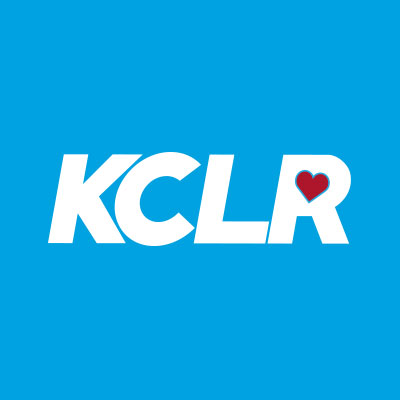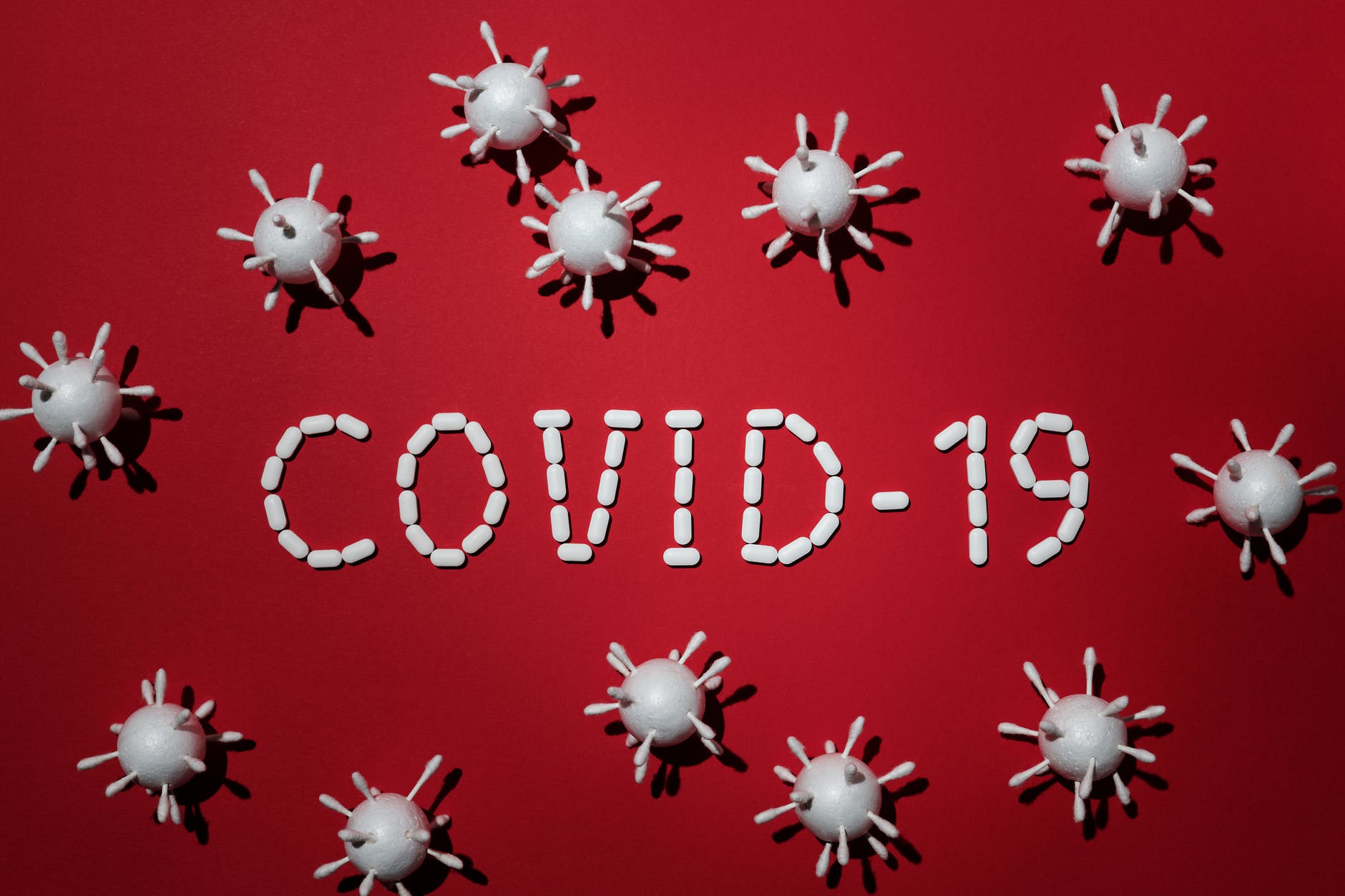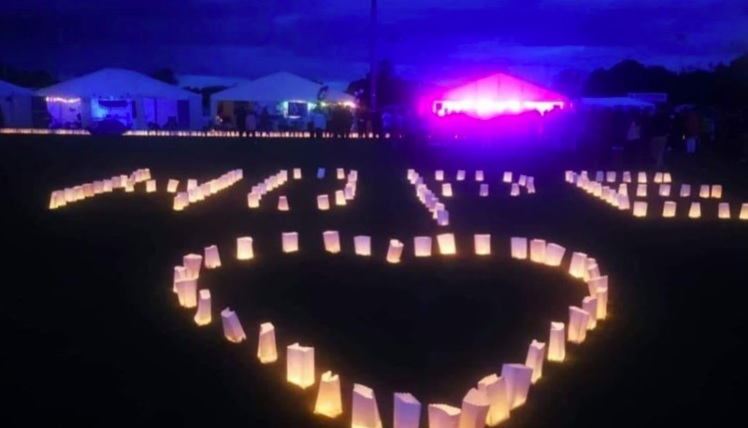The Chief Medical Officer says too many people are not self-isolating after testing positive for Covid-19.
Dr Tony Holohan’s comments come after three deaths were confirmed in the Republic yesterday with 939 more cases of the virus, 16 of them in Kilkenny & 15 in Carlow
The national 14-day incidence rate stands at just over 309, after the total saw a slight dip over the weekend for the first time in almost three weeks. Locally, Kilkenny remains in the bottom three with a rate of 176.4 while Carlow’s at 305.
Professor Anthony Staines of DCU says each county has specific outbreaks.
Hospitals …
354 people with Covid-19 were being treated in Irish hospitals this morning – the highest number since May.
It’s an increase of six patients on last night.
38 patients are in Intensive Care, with these numbers remaining relatively stable.
But former President of the Intensive Care Society of Ireland, Catherine Motherway, expects that to rise.
Insurance Flexibility …
Insurance providers say they will provide flexibility for people in financial distress throughout Level 5.
Insurance Ireland say the forbearance shown earlier in the pandemic will continue for the next couple of weeks, saying it understands families and businesses are going through a difficult time.
Companies will be able to adjust employee liability and commercial motor insurance for the period they are not trading.
No Magic Solution …
The head of the World Health Organisation has warned there’s no “magic solution” to the Covid-19 pandemic.
Dr Tedros Ghebreyesus has appealed to world leaders to get back control of the virus.
In Northern Ireland & the UK…
Staff at a Northern Ireland hospital are “stretched to the limit” due to the pressures from Covid-19.
It was confirmed yesterday, two patients and seven members of staff in a ward at the Ulster Hospital in Belfast have tested positive for the virus.
While the Antrim Area Hospital say it’s operating beyond capacity and is telling people not to attend the emergency department.
James Large from the trade union UNISON says staffing remains a serious issue at the Ulster Hospital:
In the UK Nottingham and three surrounding areas will be under Tier 3 coronavirus restrictions from Thursday.
Local leaders have agreed a support package from the government for the council areas.
They say the measures are necessary to reduce infection rates and protect the NHS.
More than 50 Conservative MPs from the north of England, have written to the UK Prime Minister demanding a “roadmap out of lockdown”.
They say an economic recovery plan is needed.
The UK’s Business Minister meanwhile has defended its Government’s support for the north an midlands.
Meanwhile, a survey in the UK shows that people are putting themselves at risk by shunning official information about Covid-19.
The research has been looking at public attitudes during the pandemic, and has found a growing lack of trust in the British Government, scientists and the media.
The number of people avoiding Covid-19 news altogether has jumped to 15% in August, from 6% in April.
Elsewhere …
Police in Italy have used tear gas to disperse hundreds of people protesting against new Covid-19 restrictions.
The demonstrations in Milan and several other cities and towns, began after bars and restaurants were ordered to close for the next 30 days.
It was announced after the country confirmed more than half a million Covid-19 cases since the start of the pandemic.
And in Melbourne, tough restrictions for its five million residents are set to be lifted at midnight on Tuesday after a 4 month lockdown.
The easing comes after the city recorded zero deaths and no new cases for the first time since early June.
Antibodies …
New research shows Covid-19 antibodies decline rapidly once people recover from the virus.
They’re used by the body’s immune system to provide protection against infections.
Scientists from Imperial College in London screened 365-thousand individuals between June and September.
They found the number with antibodies had fallen by a quarter since the summer.








